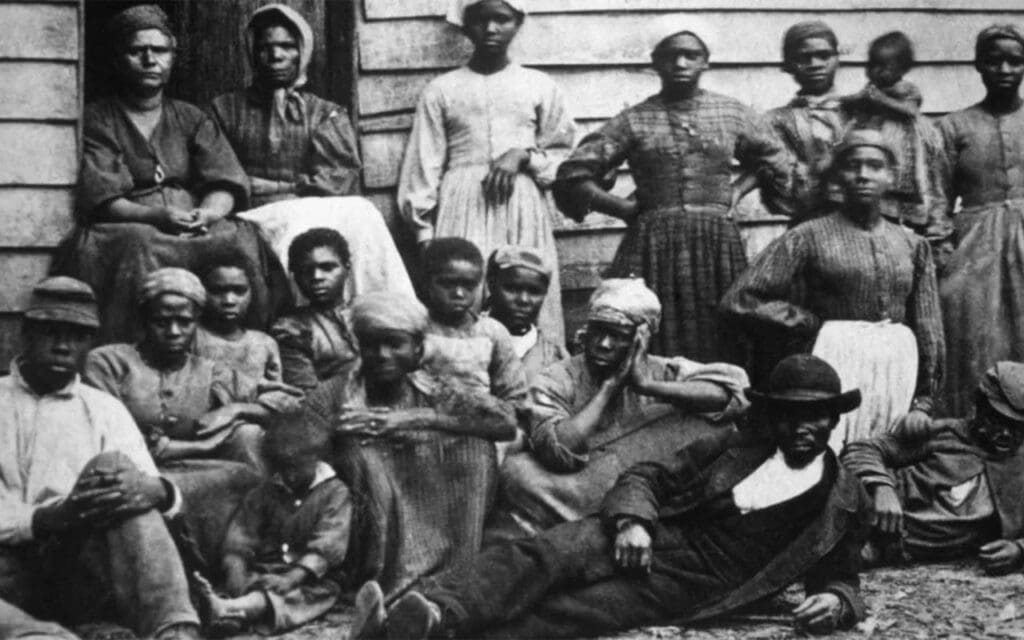Post Traumatic Slave Syndrome: The Mental Health Repercussions of Slavery

By: Melissa Sanders
The weekend before me is free, so I drive to the Twin Cities to meet my childhood best friend for lunch. I park my car early and stand outside the restaurant, my lower back perched on a concrete pillar behind me, gazing around for my counterpart. Various people pass by and softly smile back, no questions asked. When she arrives, we are greeted warmly by the hostess and receive impeccable service throughout our stay. We leave cash for our tab and swiftly exit the premises without further interaction. This is the privilege I hold as a white woman.
My mere existence has never compromised how I navigate the world or how I am received as it pertains to the lack of melanin I possess. Unfortunately, clinical psychologist and author Dr. Joy Degruy’s research shows unparalleled mental health problems ingrained into Black bodies. Before discovering Post Traumatic Slave Syndrome (PTSS) through the ARCC Deepdive episode with Sandra McKechney, I would have described stereotyping, prejudice, and sheer hatred as the reason for the internal turmoil that Black individuals experience daily. Dr. Degruy’s work on PTSS gives robust language to this phenomenon on a physiological level, explaining the generational and multifaceted nature, heeding to key behaviors built up over centuries of oppression.
White Supremacy- the belief that descendants of Africa are inferior to White Europeans on a genetic level, is the villain that produces one of these adverse behaviors- a lack of esteem within the Black population. This intentionally induces hopelessness and depression to subjugate Black people. PTSS is a long-lasting impact of racism and slavery and is often shown in subtle mental health difficulties as opposed to massive disruptive behaviors. One of these is what Degruy describes as a “marked propensity of anger and violence,” describing untrusting feelings towards others’ true motivations, causing emotional dysregulation that leads to aggression toward oneself, property, or other people as a reaction to unwanted scenarios. Lastly, internalized racism plagues the black psyche with an antipathy or inaccurate conceptualization of its very own community’s cultural practices, physical appearances, and members.
Efforts for anti-racism must begin with an empathetic understanding that although humans are all born with the same biological brain, we are not all granted the same mental equity and social experiences. To hold space for our black brothers and sisters is to understand that our white superiority complex of the “past” has created an ever-present mental catastrophe by perpetuating Black socioeconomic, emotional, and intellectual agony. May we fight for a world in which the only psychological pathways the Black community passes through their lineage are ones of strength, pride, and intrinsic beauty.
Sources:
(2019). BBC: Should black Americans get slavery reparations? Retrieved from
https://www.bbc.com/news/world-us-canada-47643630.
(2024). Post traumatic slave syndrome. Dr. Joy DeGruy. (2024).

